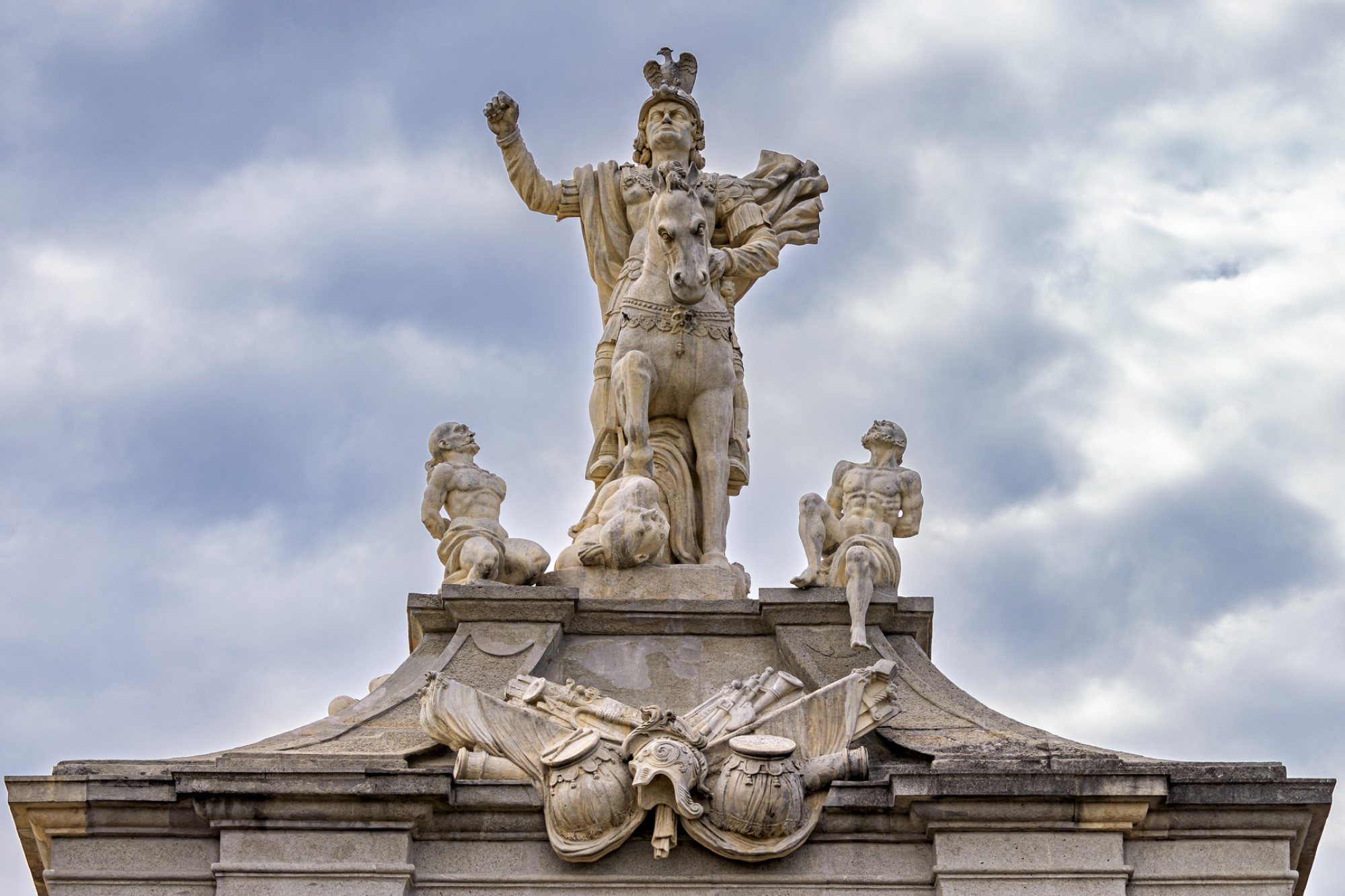Banning Candidates in the Name of Democracy

Last year, far-right candidate Calin Georgescu won the first round of the Romanian presidential election. Two days before the runoff election, the Romanian Constitutional Court (similar to the U.S. Supreme Court) declared the original election legally invalid, on the basis of allegations of Russian interference on Georgescu’s behalf. Heightening the crisis, the Romanian Central Election Bureau barred him from re-running — a decision upheld by the court on Tuesday, March 12th. The same bureau has also barred far-right candidate Diana Sosoaca from running, although a third far-right candidate George Simion remains in as of March 16th.
Georgescu and Sosoaca, unsurprisingly, maintain that the behavior by the court and election bureau is anti-democratic. The on-the-ground details matter in Romania, but it raises a more general question: can such “anti-democratic” behavior be justified as necessary for defending democracy?
A tempting starting point is to adopt a rule like, “if the voters are okay with it, it’s okay.” This makes elections the ultimate test of political acceptability. A plausible rationale is that democracies should reflect the will of the people, either directly or through their representatives, and therefore the more they reflect the will of the people, the better and more democratic they are. But this view quickly encounters difficulties.
First, it fails to account for corruption of the democratic process itself. For example, if a politician cheated during an election through hacking voting machines, then voters’ endorsement has little meaning. This conclusion may also hold true in cases of misinformation or other forms of psychological manipulation. Arguably, if voters are sufficiently misinformed about underlying facts, then they cannot actually articulate a political will. By comparison, consider someone consenting to surgery for which a doctor provided a deliberately false description of its risks and benefits — is this really consent?
This suggests that democratic integrity may be a defensible reason to ban a candidate. It seems legitimate to remove people from participating in the democratic process, if they are actively undermining that process. Unfortunately, the precise implementation of this policy is extremely challenging. Something like hacking voting machines is cut and dried; deciding what constitutes misinformation, who decides, and how much misinformation there has to be before the integrity of an election is undermined is much trickier business.
Second, we may think that certain behavior — murder, or theft, or corruption — should, at least for a time, disqualify one from running for office. When someone commits such a deed they typically lose rights and privileges (e.g., the freedom to go where one wishes). Holding political office may simply be another kind of privilege that gets revoked. Again, it may be challenging where precisely to draw the line, but a core idea here is that elections should not be viewed as a substitute for law and justice (for further discussion see my piece on Presidential Immunity).
But most controversial of all is the question of whether someone should be disqualified from the political process not for interfering with electoral integrity, nor for criminality, but because of the particular political positions they hold. An especially extreme example would be a politician whose main campaign promise is to begin a program of genocide on day one. Should this person be allowed to run for office? Should this platform be put to a vote?
A possible grounds for dismissal stems from Karl Popper’s Paradox of Tolerance (previously discussed in the Post). Essentially, if a society is too tolerant of intolerance, then tolerance itself can be lost. Rights, in fact, can secure the very conditions under which the intolerant can grow strong. A party planning to suppress speech has every incentive to take advantage of free speech to get its message out and even to claim its free speech is being suppressed if the government responds. Therefore, a society striving to be tolerant of diverse opinions and beliefs, needs to be at least somewhat intolerant of intolerant opinions – those positions that threaten to undermine the foundations of a free society. Unfortunately, how intolerant of intolerance the tolerant society should be remains a particularly perplexing puzzle. At the center of this difficulty lies a crucial question: Is the commitment to maintaining a tolerant society the kind of thing that should be put to a vote?
The concern here is what philosophers sometimes call the “tyranny of the majority,” previously discussed by Benjamin Rossi. Imagine if 51% of the population could vote to expel or imprison the other 49%. Is this really government by the people? To combat the ability of the majority to define the lives of their fellows, the courts, constitutional minority rights protections, and other democratic institutions and features act as backstops to protect against the majority’s power. Perhaps, holding certain constraints on who can run and what their policies can be are similarly defensible.
Or perhaps the proper way to deal with these concerns is to have constraints on the kinds of policies that can be enacted. A proponent of fundamental human rights, for example, claims that we deserve certain rights and privileges simply on the basis of the kind of thing (a human thing) that we are. Governments don’t “give” us rights; we come into this world already deserving consideration. Plausibly, then, a candidate intending to take away those rights, could be considered illegitimate and barred from participating.
Unfortunately, there is no definitive list of third-rail rights and freedoms which politicians are not allowed to touch. Hopefully, a constitution spells out such freedoms, but it’s typically considered legitimate to modify a constitution. As long as a candidate is committed to this constitutional process, we have no reason to bar their entry. It must be noted, however, that, after granting someone great power, it is not always easy to enforce constraints on what they do with that power. Therefore, there may be a practical argument for removing candidates hostile to others’ rights before they attain office.
As we’ve seen, there are multiple justifiable grounds for potentially barring someone from running for office, from protecting the integrity of the democratic process to protecting minority rights. The implementation however is often exceptionally difficult. Who gets to be the guardian of democracy? Who gets to decide which candidates are offensive, which platforms are objectionable, which values are odious? How could we possibly escape the potential risk of abuse of such king-making power?
Despite these difficulties, we should be clear-eyed about these “who watches the watchmen” concerns. There may be no perfect process to safeguard democracies, no truly neutral party. But there will be nothing left of democracy to protect if we insist on having no safeguard at all.



